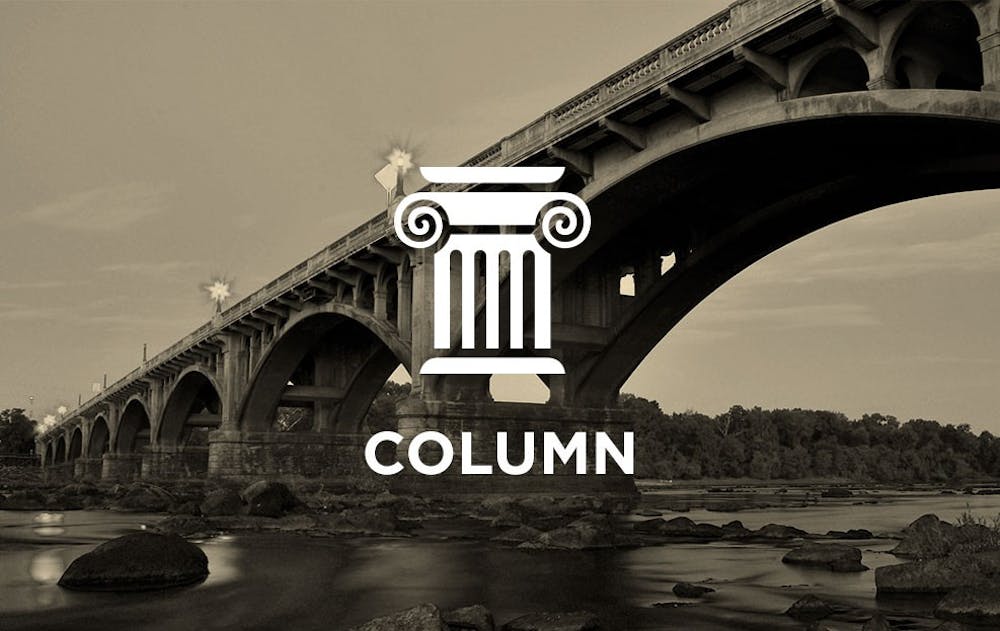Since the Industrial Revolution and the advent of corporations, special interest groups have been pouring money into our political system in an attempt to influence voters, control politicians and ultimately make obscene profits. The medical and pharmaceutical industries, the private prison industry, the meat industry, the technological industry, the fossil fuel industry and virtually every other domain of the disembodied corporation are all guilty of illicitly profiteering on the political system — except it isn’t a crime. In fact, it’s protected by law.
In 1975, Congress founded the Federal Election Commission to try to regulate campaigns for public office, including campaign contributions by special interest groups like corporations. The FEC was never very effectual, but in 2010, the Supreme Court trivialized the commission when it ruled on the case Citizens United v. Federal Election Commission. In this case, five of the nine justices agreed that giving money to a campaign is the same as speaking out, which should be protected by the First Amendment. More importantly, it ruled that since corporations are people in the eyes of the law, they should also be protected by this right and be able to spend as much as they want on election processes. As most people know, what a corporation wants is profit, more often than not. So, what was illicitly happening before — the profiteering of the political system — is now being protected by the Supreme Court.
This profiteering has become a huge problem over the years for the American people who simply want a well-functioning and prosperous nation. When these well-meaning people want certain socioeconomic policies in place, they utilize their freedom of speech to vote for, speak for and sometimes donate to those running for public office. Officials elected in this grass-roots style tend to fight for the wants and needs of their constituents.
But when greedy corporations want more room to rig the economy for higher profits, they make enormous monetary campaign contributions that often end up in the pockets of those running for public office. Officials that get elected in this way tend to support the interests of their sponsors, which, unlike the other officials’ sponsors, are not voters and commoners, but rather filthily rich corporations whose only goal is to maximize profits.
In a system like this, it’s easy to see how a lack of regulation could result in socioeconomic policies that benefit the few wealthy heads of corporations all at the expense of the common American people. This system, allegedly a democracy, is strikingly similar to an oligarchy.
It’s this political crisis that’s at the heart of the Bernie Sanders campaign. The political revolution that he talks about is all about getting voters informed and active and getting money out of politics. One of the first steps of this so-called revolution is overturning the Citizens United case, something that few other candidates are willing to do.

